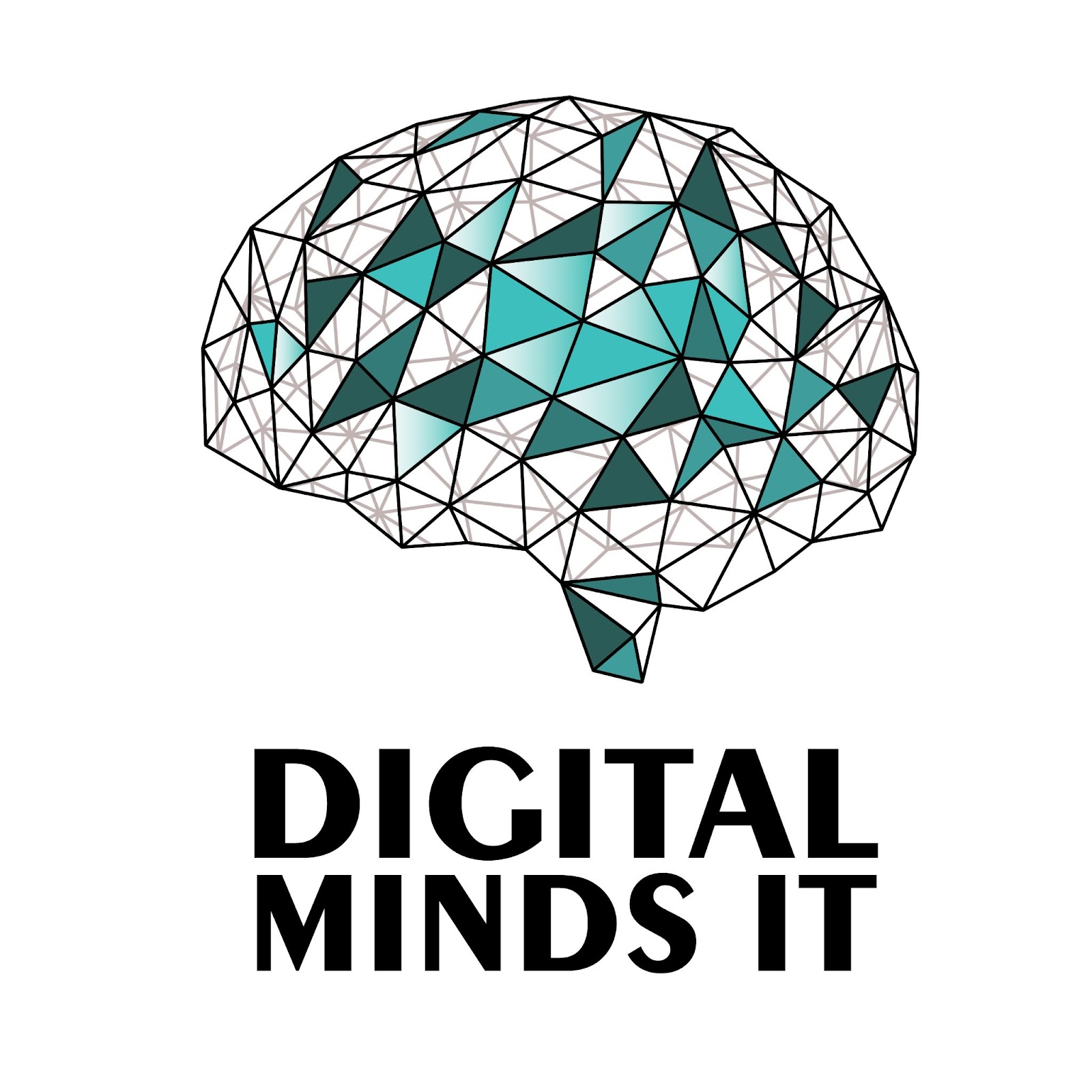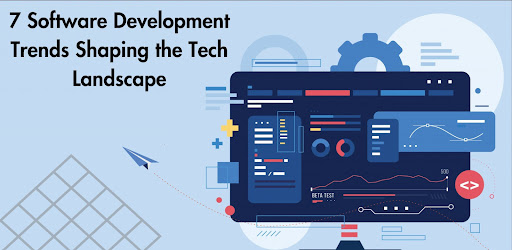Software development is a rapidly evolving field that constantly embraces new innovations and techniques. In this fast-paced digital age, staying abreast of the latest trends is crucial for businesses and developers alike. In this blog post, we will explore seven software development trends that are revolutionizing the tech landscape, empowering businesses to create more efficient, scalable, and user-friendly applications.
Artificial Intelligence (AI) Integration
AI has emerged as a game-changer in software development,
powering intelligent applications that can adapt, learn, and make data-driven
decisions. AI integration enables software to analyze vast datasets, predict
user behavior, automate tasks, and offer personalized experiences. From
chatbots to predictive analytics, AI is reshaping the way we interact with
software, enhancing user satisfaction, and streamlining workflows.
Internet of Things (IoT) Connectivity
With the rapid expansion of IoT devices, software
development is shifting towards building applications that seamlessly connect
and interact with smart devices. IoT-enabled software allows for real-time data
collection, analysis, and remote control, leading to a more interconnected and
automated world. From smart homes to industrial automation, IoT integration is
driving efficiency, productivity, and improved user experiences.
Low-Code and No-Code Development
Platforms that require little or no coding at all, such as
low-code and no-code environments, are helping to democratize the software
development process by making it easier for users with no coding skills to
create apps. These platforms provide pre-built components, drag-and-drop
interfaces, and automation features, reducing development time and cost
significantly. Businesses can now rapidly prototype and deploy applications,
accelerating innovation and time-to-market.
DevSecOps for Enhanced Security
DevSecOps, the integration of security practices into the
software development process, is gaining prominence in response to the
increasing cyber threats. By embedding security checks and measures throughout
the development lifecycle, DevSecOps ensures that applications are fortified
against potential vulnerabilities. This proactive approach minimizes security
risks, protecting sensitive data and user privacy.
Progressive Web Applications (PWAs)
Progressive Web Applications combine the best of web and
mobile app experiences, offering fast loading times, offline access, and
responsive design. PWAs eliminate the need for separate development for
different platforms, providing a cost-effective solution for businesses to
engage users across devices. As they become more widespread, PWAs are
transforming how we interact with web applications.
Microservices Architecture
Microservices architecture breaks down complex software
systems into smaller, modular, and independently deployable components. This
approach allows developers to update specific functionalities without
disrupting the entire application. Scalability, flexibility, and easier
maintenance are some of the benefits of adopting microservices, enabling
businesses to adapt quickly to changing demands.
Quantum Computing Potential
While still in its infancy, quantum computing holds enormous
potential to revolutionize software development. Quantum algorithms promise
exponential increases in computational power, enabling complex problem-solving
and data analysis that were previously unimaginable. As this technology
matures, it may unlock groundbreaking advancements in various industries, from
cryptography to drug discovery.






0 Comments